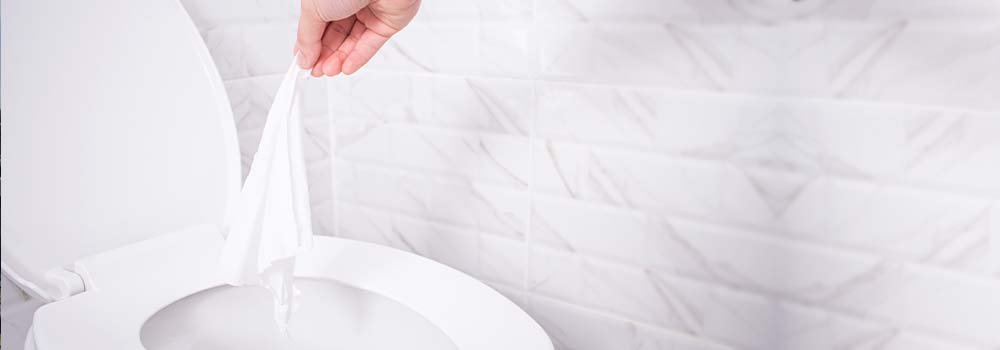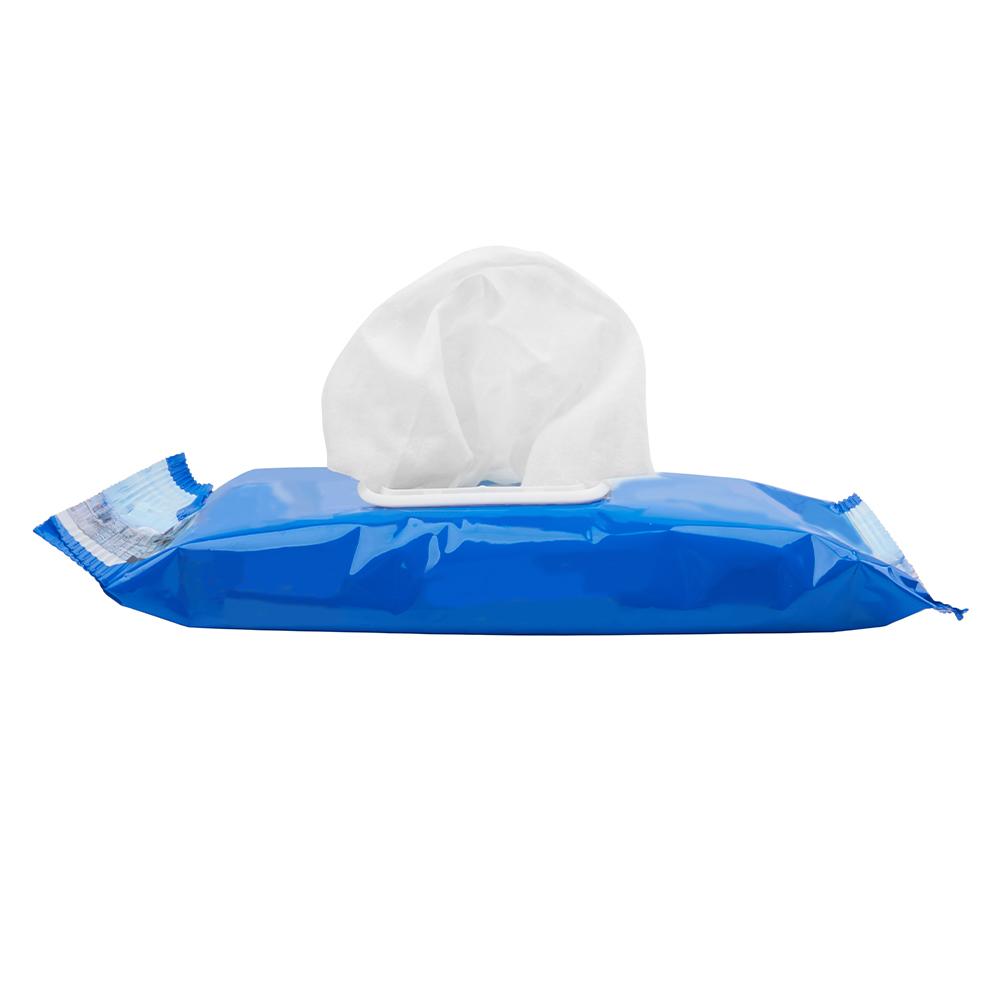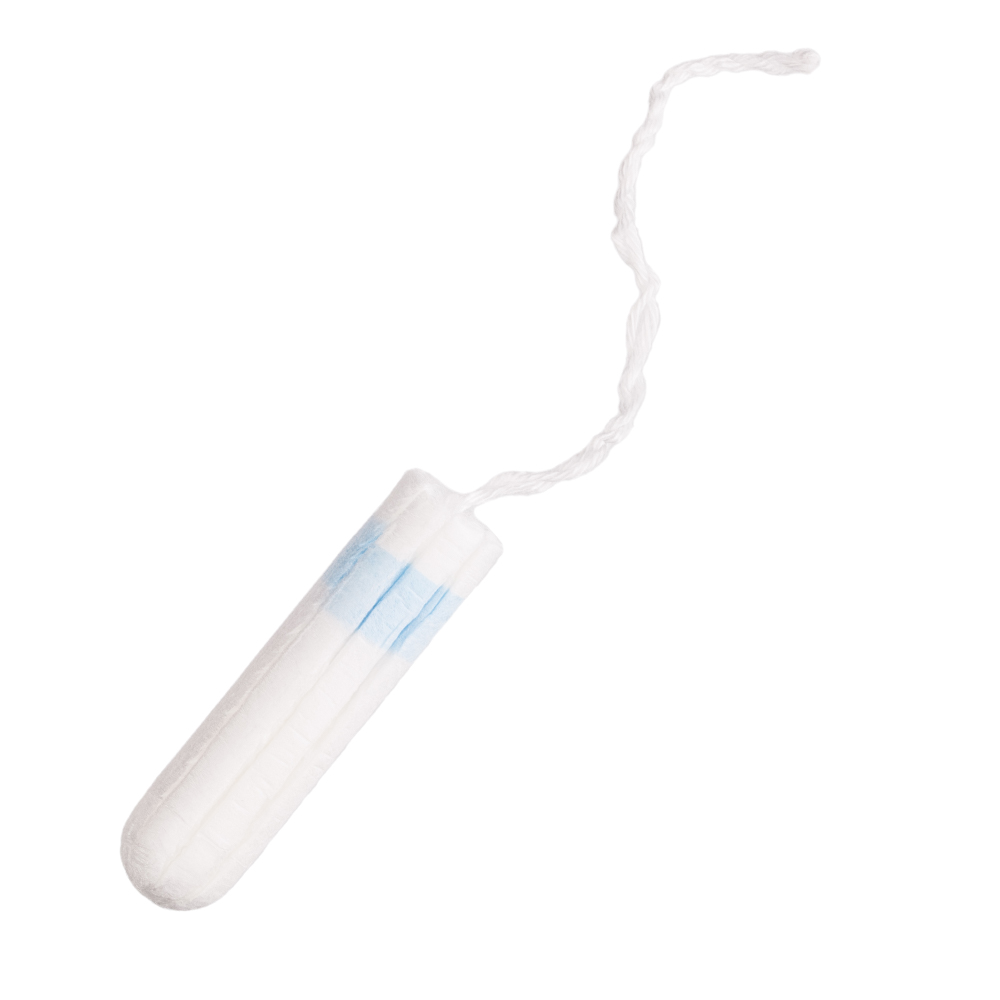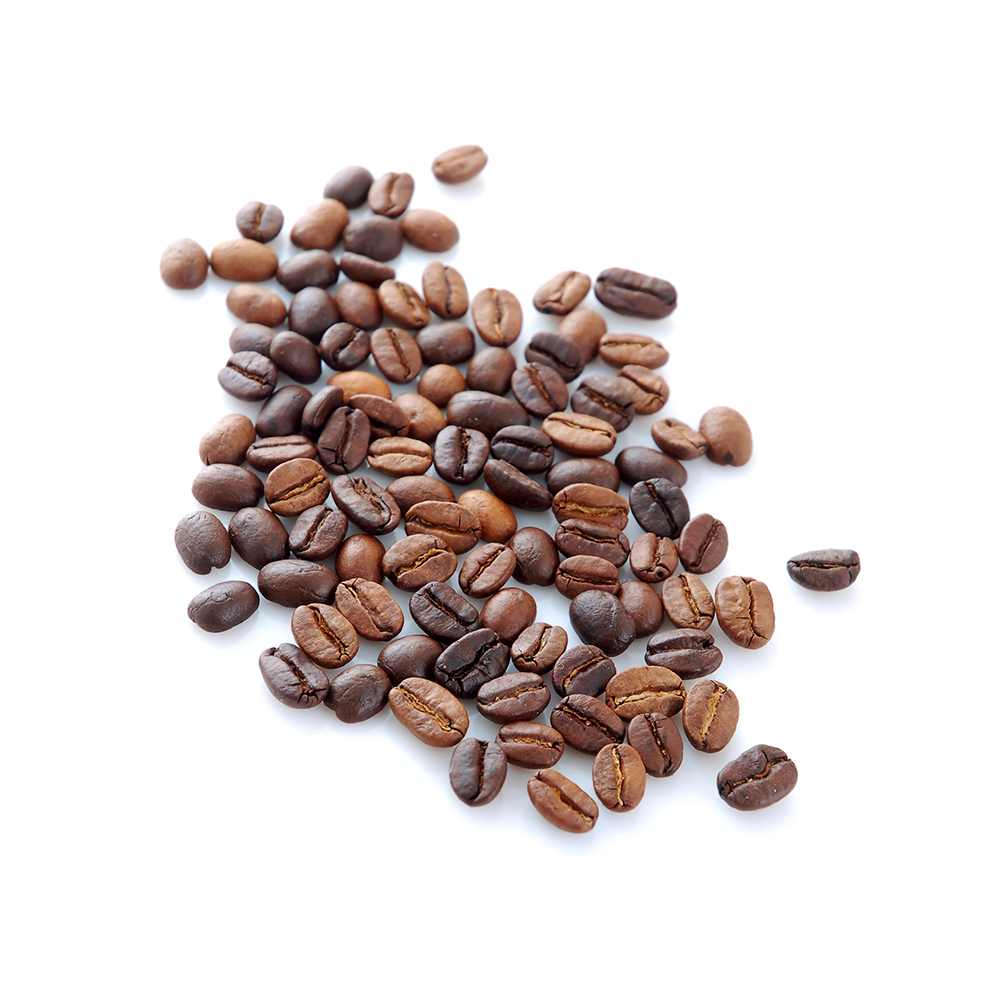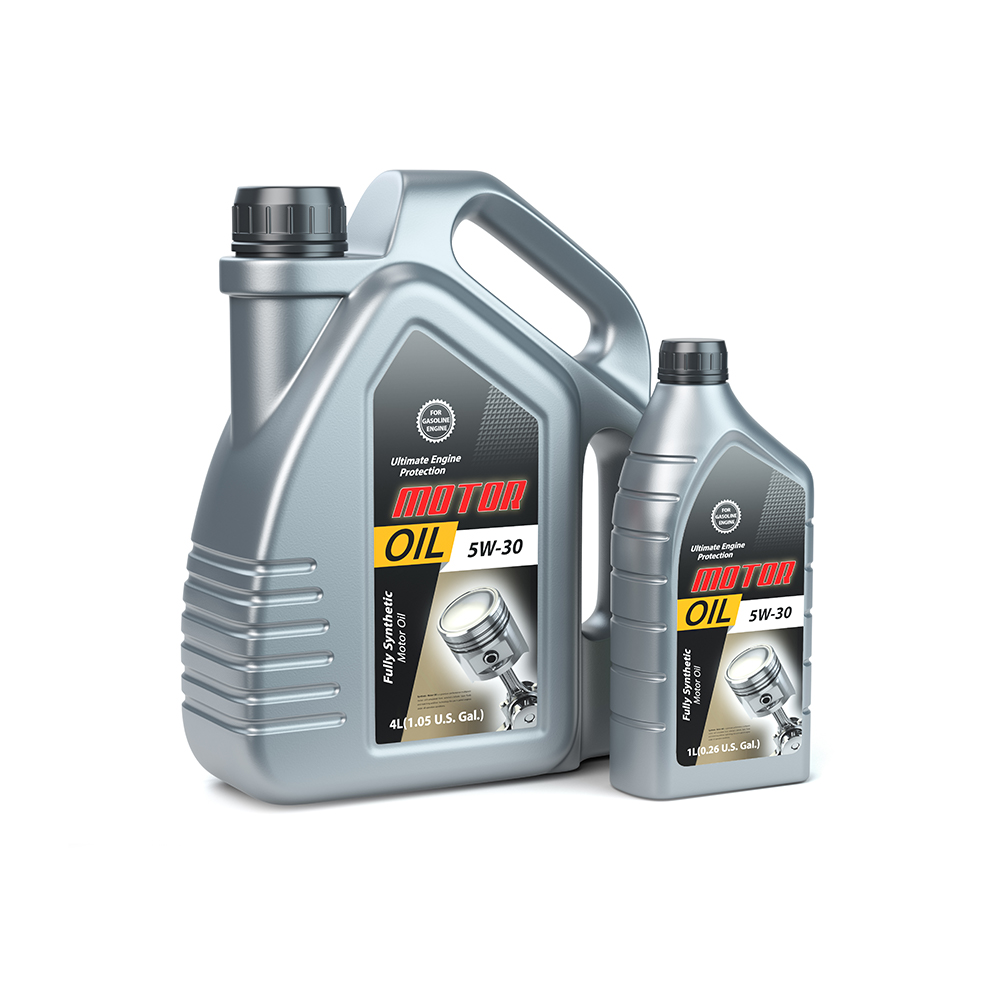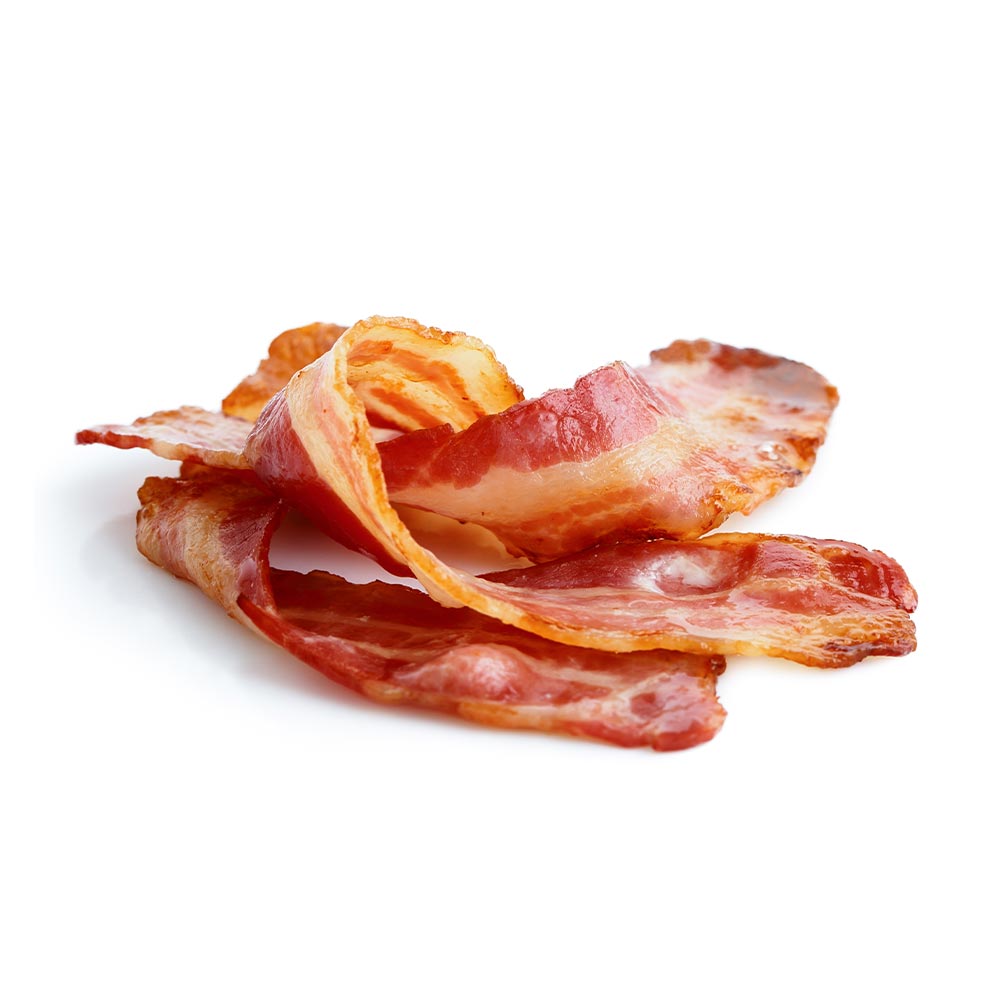For many of us, we see the word flushable and think it is safe to flush down the drain. What most of us do not realize is the word flushable simply means that it will not plug your toilet. It does not mean that it is compatible with the wastewater treatment process. Green Valley Water is the wastewater treatment facility that serves the Town of Payson and surrounding areas, and they have seen their fair share of flushable items cause big problems.
So, before you flush, or send any item down the drain, we want you to think of the “Three Ps” – Pee, Poop and Paper, toilet paper that is. Anything else, beyond that does not belong down the toilet, just because it flushes, does not mean it should be flushed.
Garrett Goldman is the District Manager of Green Valley Water, he oversees the entire operation and reports to the board of directors. He says “the biggest misconception people have about what can and cannot go down the drain, is they think that if it makes it down the drain, it’s fine to go, and that is just not the case”. He says there are many things that make it down the drain that is detrimental to the treatment process or the collection system itself, and the main example of that are disposable (aka flushable) wipes.
Goldman continued, “When wipes are flushed, they generally cause problems from the time they enter the collection system, all the way through the end of the treatment facility.”
Disposable wipes have the potential to clog pipes and may require GVW staff to clear the service lines to prevent possible overflows. They clog pumps, force mains, and when they get into the treatment facility, they again clog pumps. Not just that, disposable wipes can actually affect the treatment process. The wipes settle and when they settle in the treatment basins they create an adverse environment for the biomass, and it can actually upset the process. Bottom line, do not flush disposable wipes-even if they say flushable on the label. If it is not a part of the Three P’s it belongs in the trashcan.
You might be wondering what the difference is between sending flushable wipes down the drain versus toilet paper? Toilet paper actually degrades and comes apart once it enters the sewer system. Flushable wipes stay intact, causing big problems and ultimately leading to higher costs for customers. So how is Green Valley Water working to combat this problem? Education is the key.
According to Goldman, “Sure, there are mechanical means for dealing with this, but it’s increased screening to get the wipes out of the flow before they go through the treatment process, it’s screening out in the collection system before they hit the lift stations and then it also results in increased call-outs. The wipes can cause backups in sewer lines and then that means we have to send staff out there to be able to free those backups or clear them. And so ultimately the best thing that we can do to combat the wipes is education.”
Wipes are not the only issue facing the team at Green Valley Water. There are many other items making their way down people’s drains that should not. Kalen Moore is the Wastewater Operator Supervisor at Green Valley Water. He says things like chemicals, oils and grease need to stay out of your drains.
“No oils, fats, no bacon grease. We prefer minimal foods. And, of course, no flushable wipes or feminine hygiene products should ever be flushed” he added.
You may be asking yourself, what can I do with items that I cannot flush or pour down the drain? Green Valley Water has an answer. Each year, the team holds a household hazardous waste event. If you have items like pesticides, paints or chemicals, you can bring them to the event and Green Valley Water will recycle the items for you. It is a win-win because you can get rid of the items, and Green Valley Water can keep them from entering the reclamation facility.
Goldman added, “One of the things our operators like to say is if you don’t eat it, it doesn’t belong in the system. And so it brings us back to the Three P’s.”
Just because something says it is flushable, does not mean dissolves. If you are not sure if it should go down the drain, it probably should not. If you always remember the Three P’s(Pee Poop and Paper), it will be smooth sailing for you and your family, the team at Green Valley Water and all its customers.
Say it with us now, “The only items you should ever put down your drain are the Three P’s (Pee, Poop and Paper.)”
This simple reminder will save residents from unwanted expenses.
